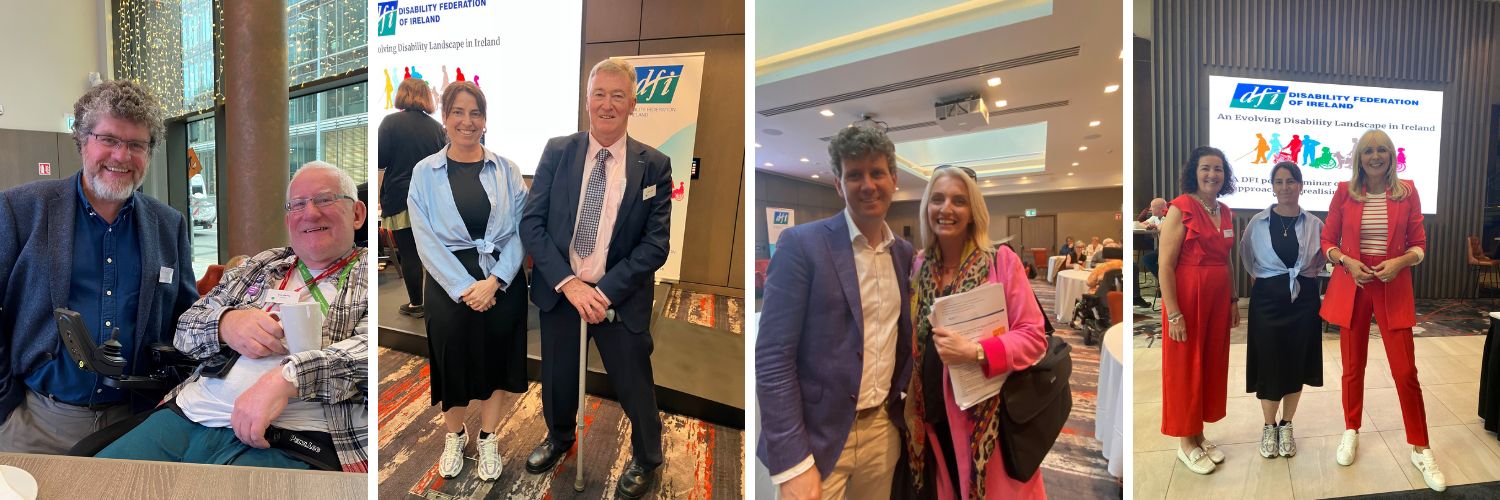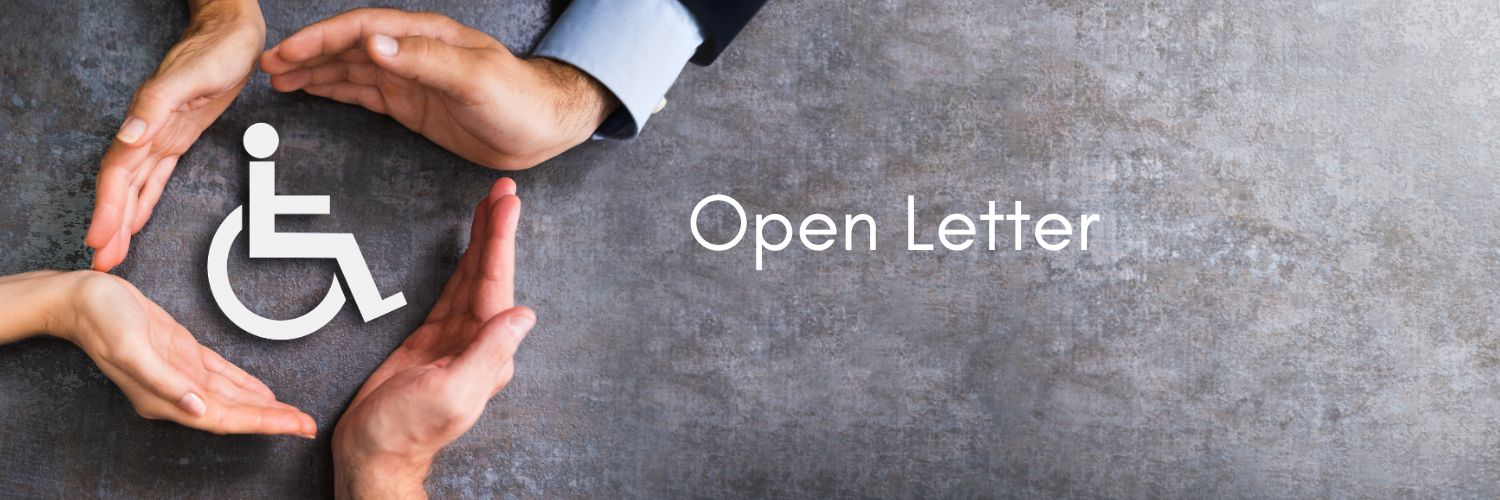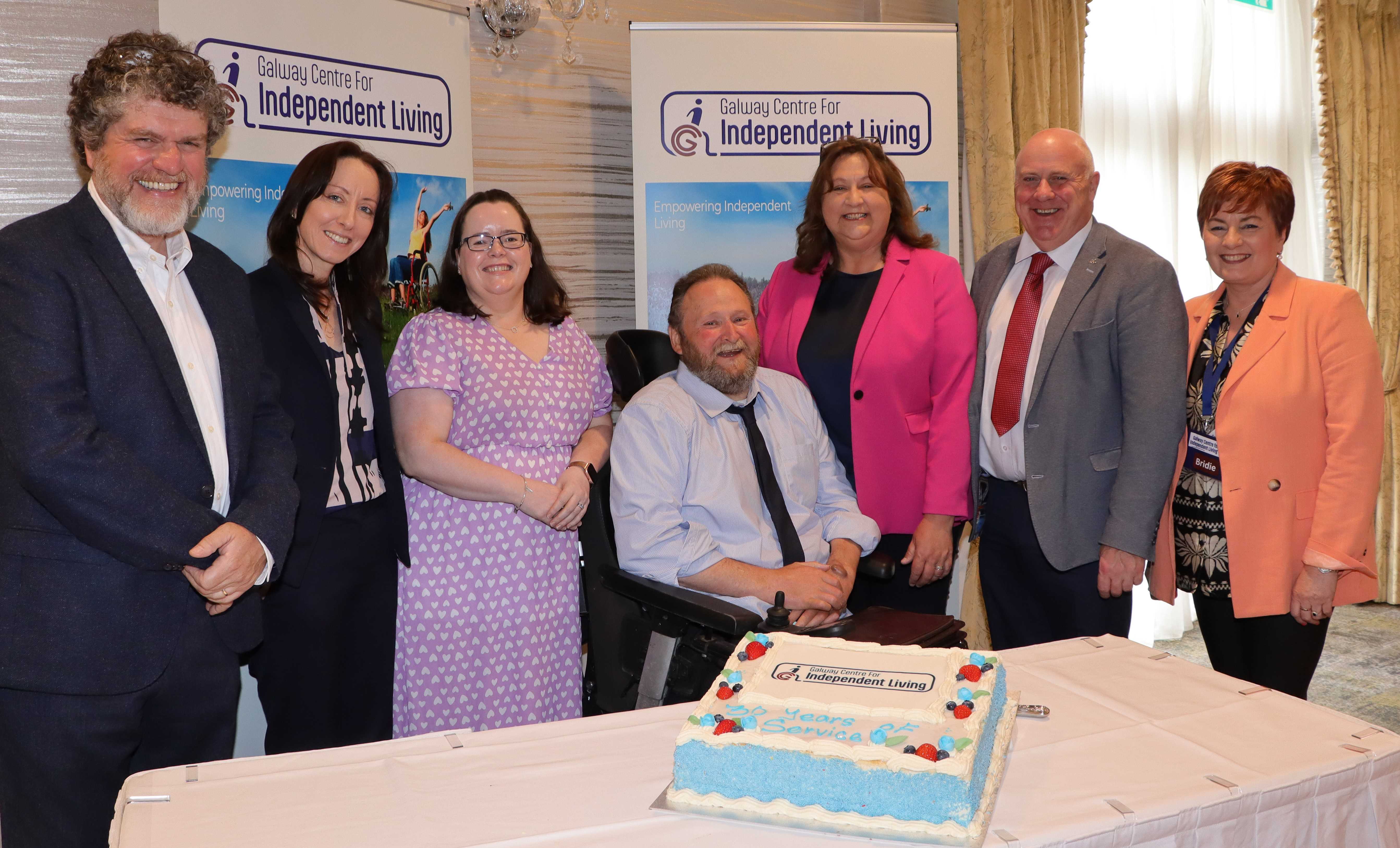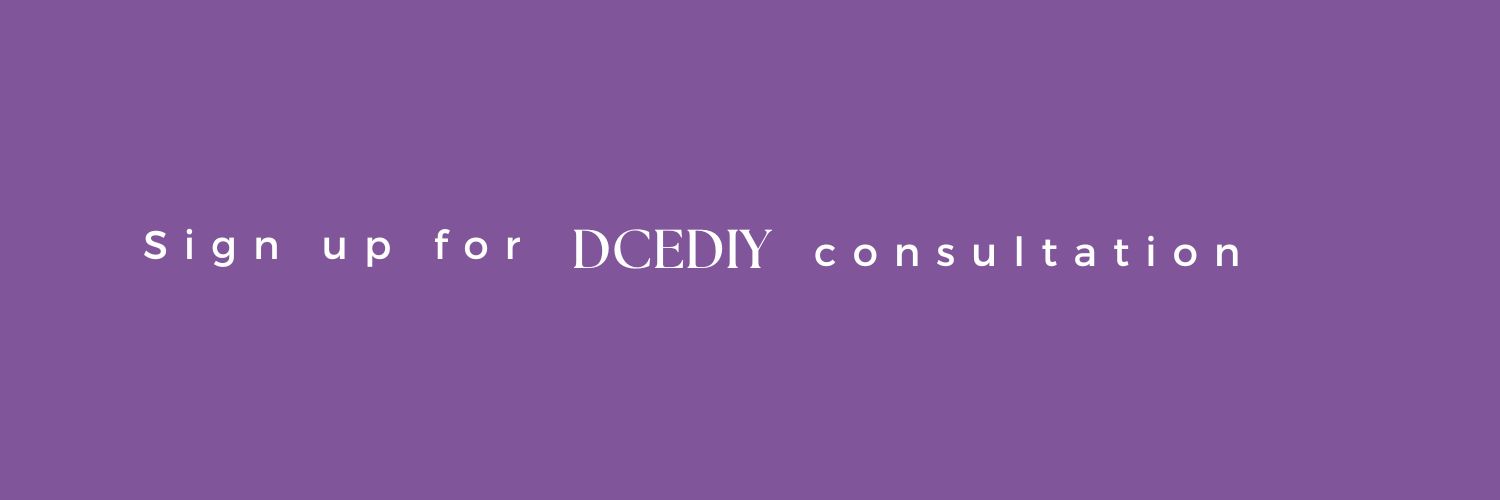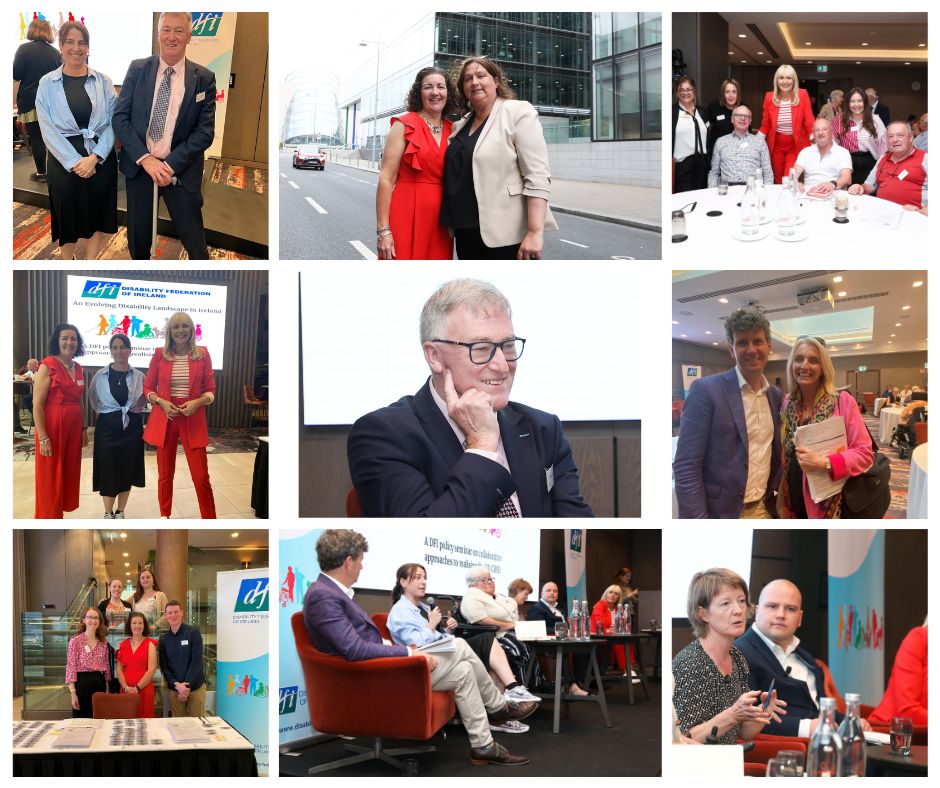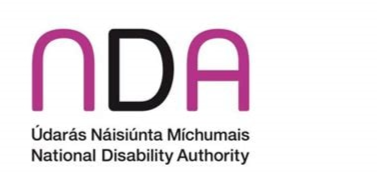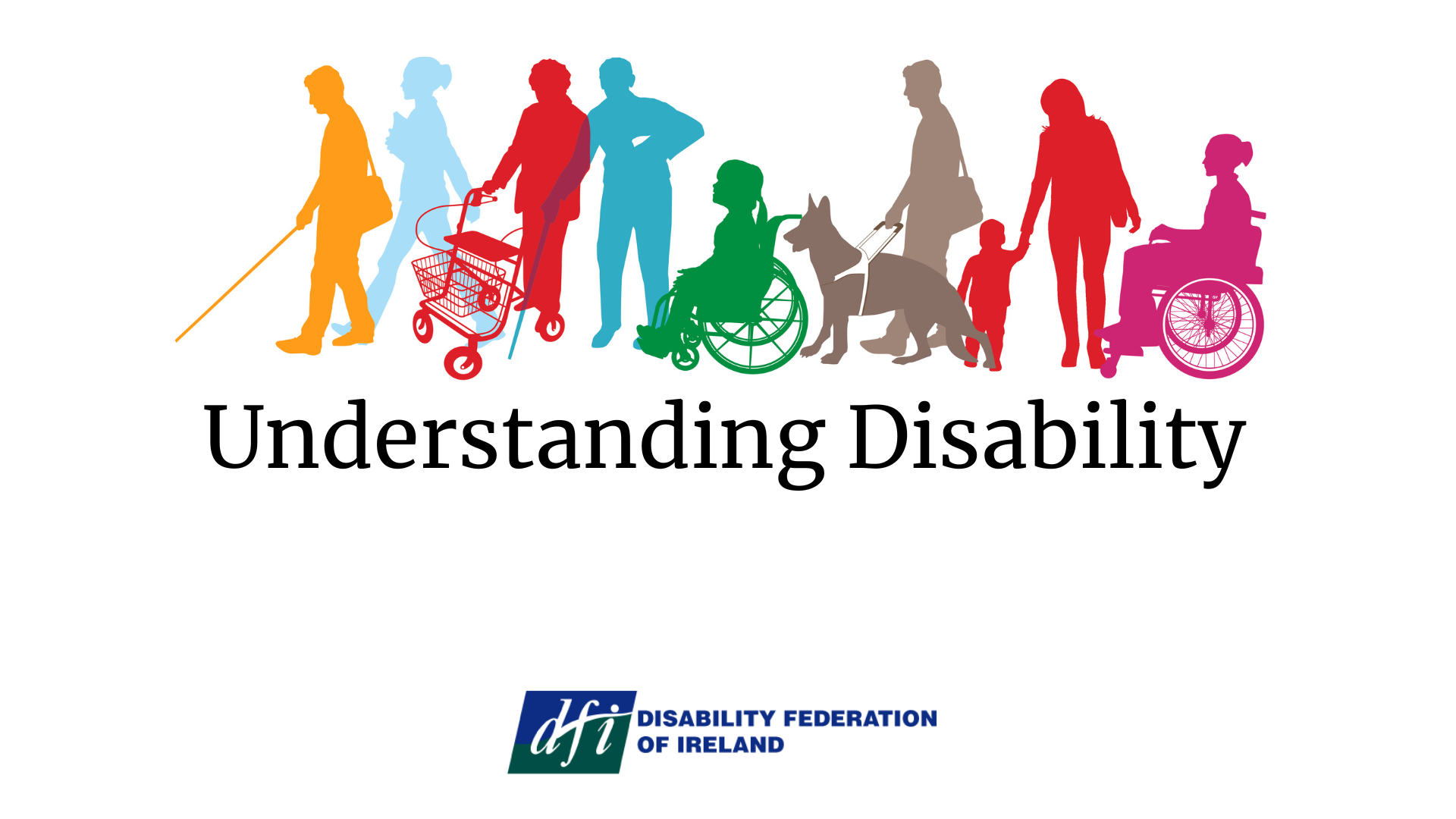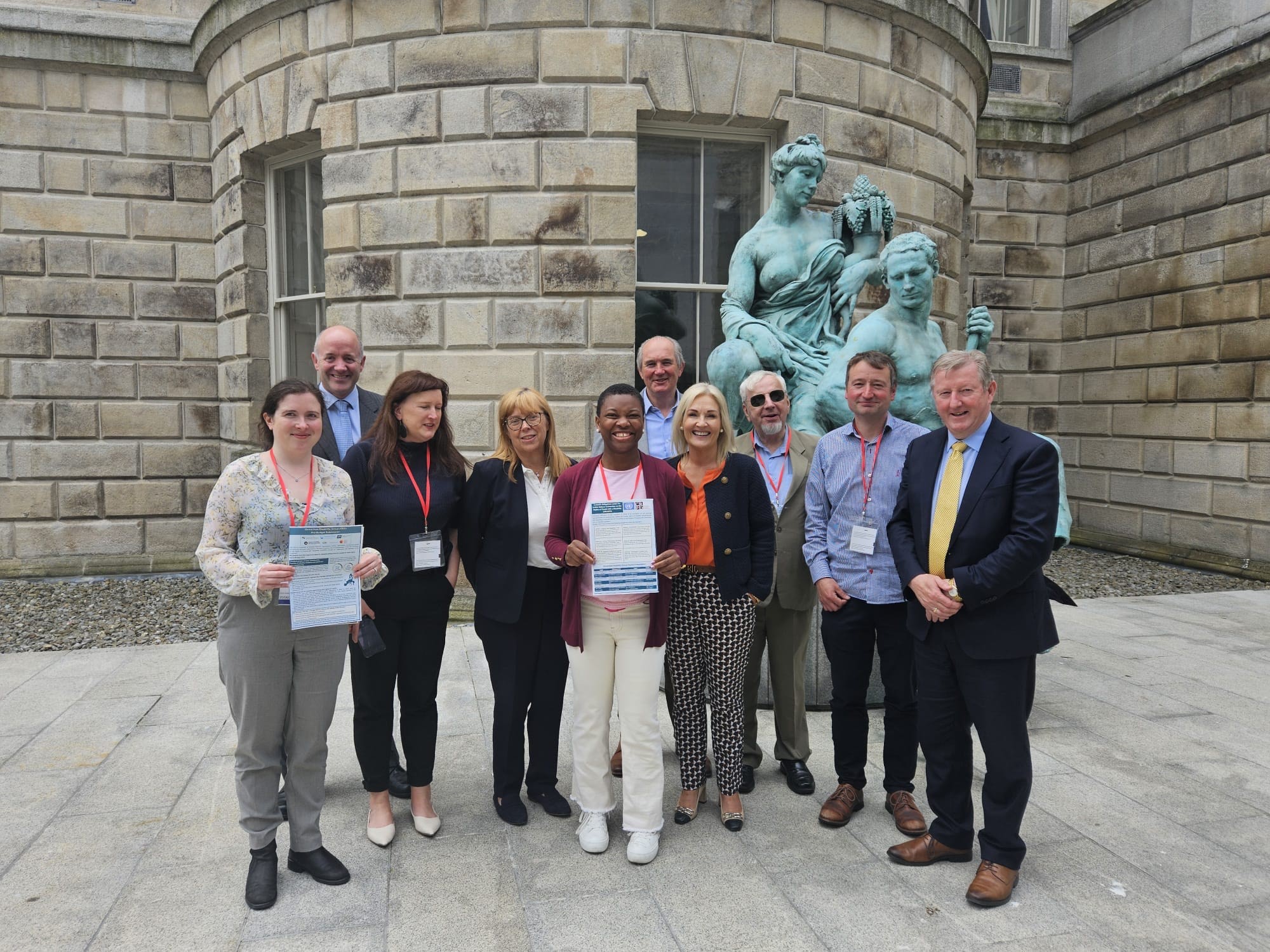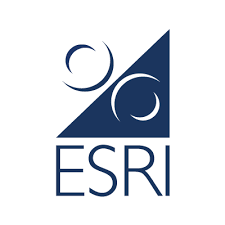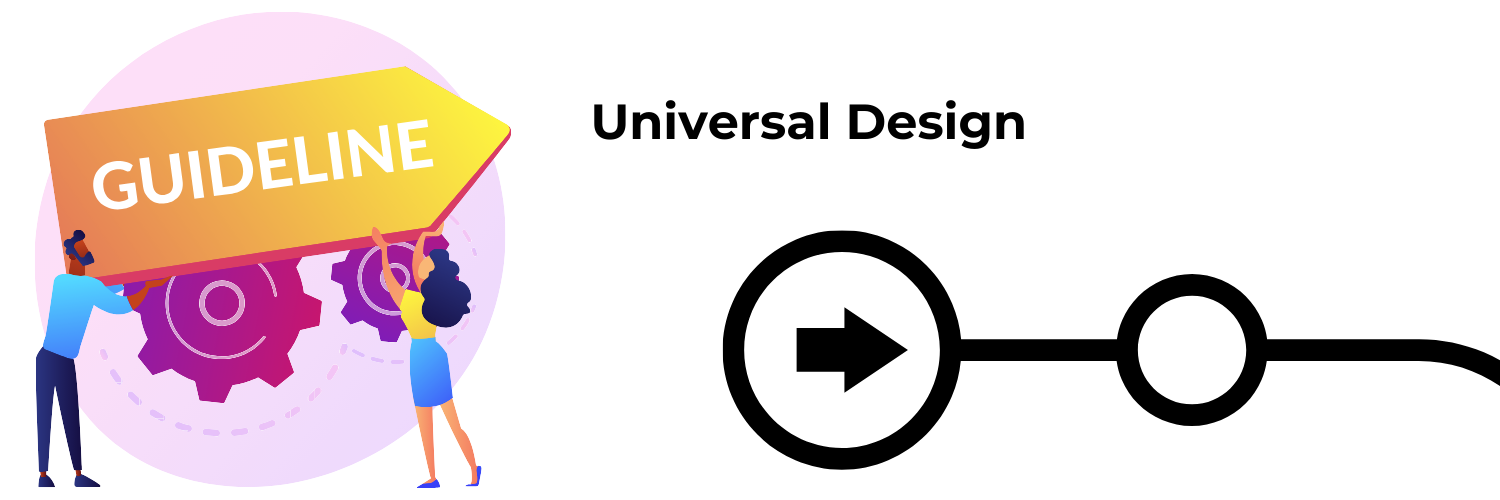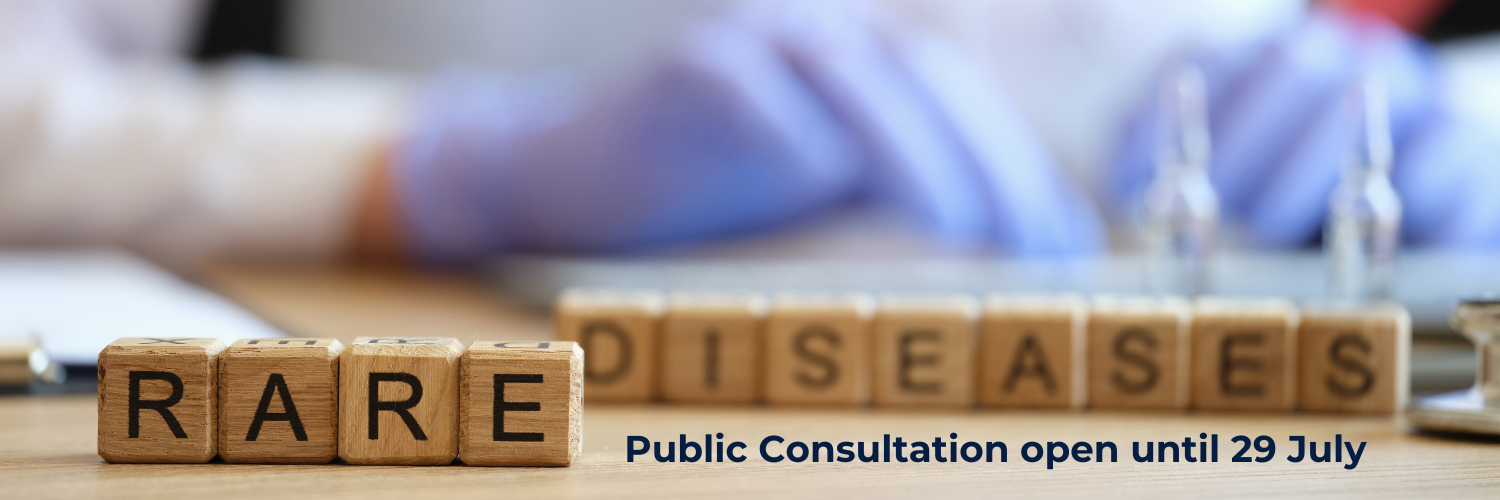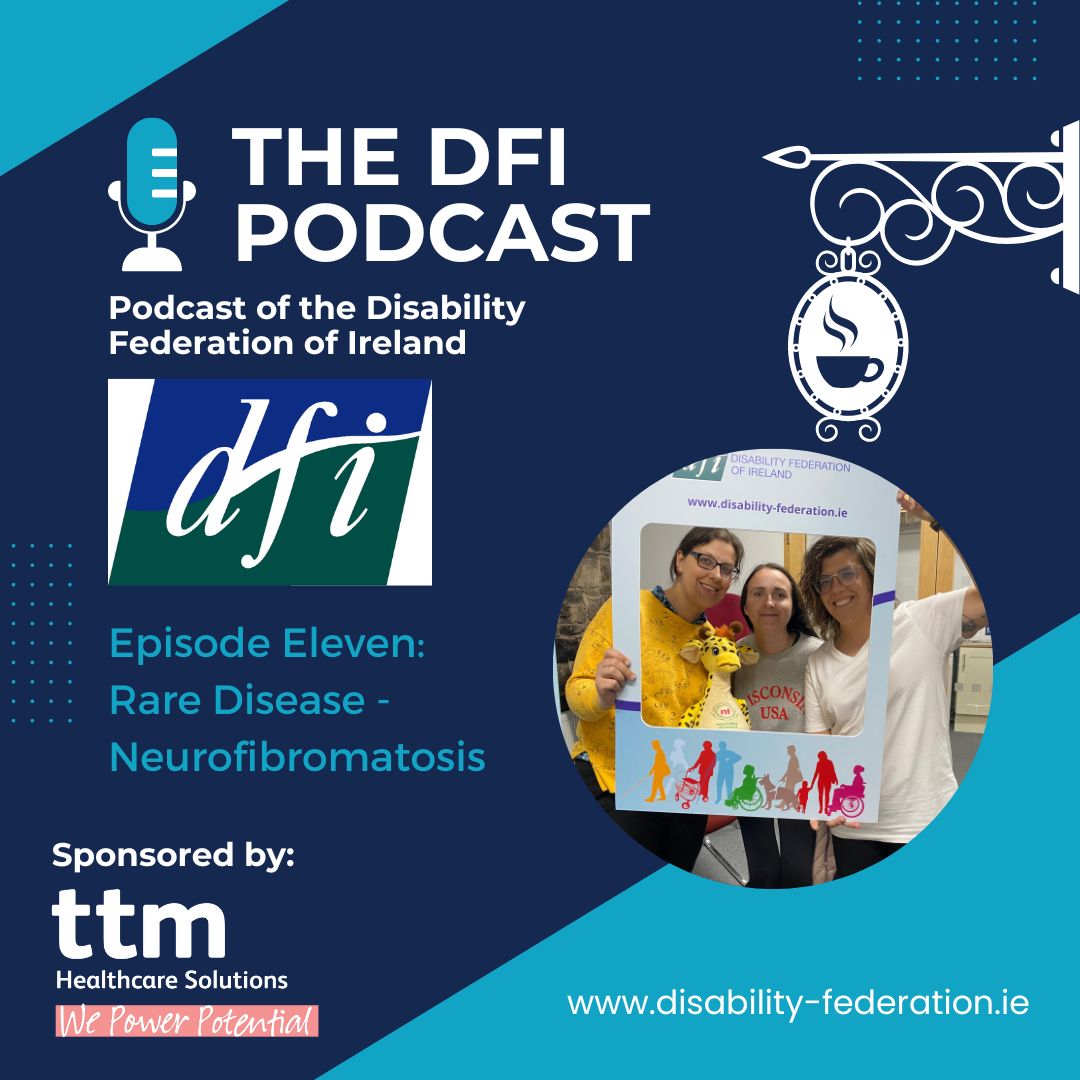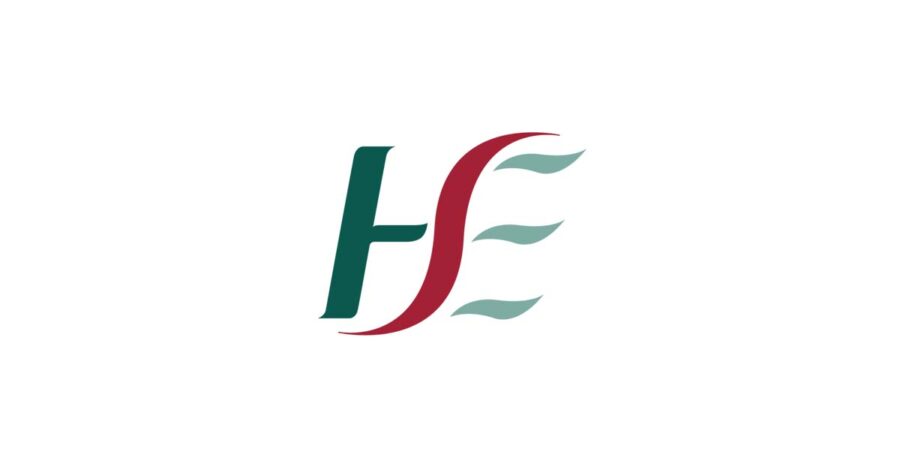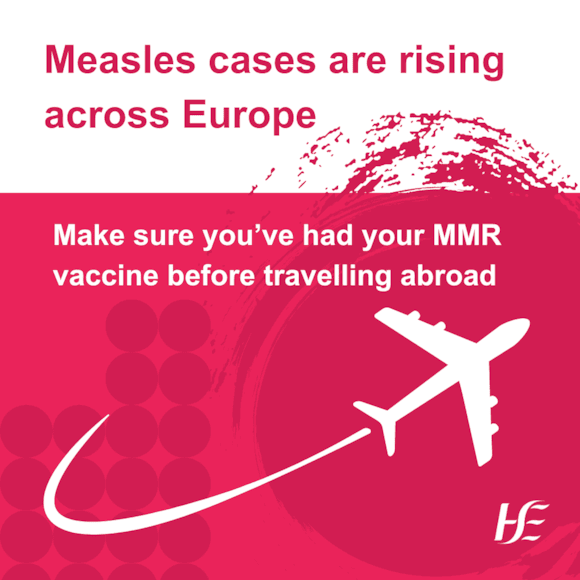Press Release
June 14th, 2024
Minister Humphreys announces
€20million Community Centre Investment Fund
Grants of up to €100,000 available to upgrade existing Community Centres
Wide range of works eligible for funding including Refurbishment of Kitchens & Toilets, Upgrades to Windows & Doors, Energy Efficiency Upgrades & Improving access for people with disabilities
Online Registration Portal now Open at this webpage
The Minister for Rural and Community Development, Heather Humphreys TD, has today announced €20 million in funding to support the upgrade and refurbishment of community centres across the country.
Under the Community Centres Investment Fund 2024, community organisations will be supported with grants of between €10,000 – €100,000 to develop and enhance their existing community facilities.
Announcing the funding today, Minister Humphreys said:
“I’m delighted to announce a new round of €20 million in funding to support the upgrade, renovation and refurbishment of community centres across the country.
“In good times and bad, our community centres provide the physical space for friends, neighbours and those who are socially isolated to come together.
“This funding is all about giving a helping hand to our local community groups to improve their own local community spaces.
“I am encouraging all local groups to consider how a grant could support them in developing their community facility. Whether it be to upgrade the kitchen, the provision of toilet facilities, or perhaps to carry out small renovation works – this funding is designed to support community groups to make the improvements they need in their Community Centre.”
How to Apply
The ‘Community Centre Investment Fund 2024 – Refurbishment’ will provide grants for projects from €10,000 up to a maximum of €100,000 towards capital costs.
This is broken down into two categories of funding:
Category 1:
Small scale projects/improvements to facilities: €10,000 – €25,000.
Category 2:
Larger scale projects: €25,001 to €100,000.
The scheme will be delivered in conjunction with Pobal.
All applicants must register as ‘users’ on the online portal here in advance of the application process which will open on 29th July 2024. Groups that applied for this fund previously will not need to register again but should check that their details are still correct.
Groups are strongly advised to get their application and paperwork ready in advance of the application process opening on 29th July.
The closing date for applications will be 29th August 2024.
There will be a number of online information events to assist potential applicants, the first of which will take place on Tuesday 25th June.
All materials to support applicants including access to the online portal, template application form, guidelines, FAQ, links to tutorials and details on information sessions can be found at the Department of Rural & Community Development website here.
Minister Humphreys concluded:
“The funding I am announcing today brings the total investment I have provided for Community Centres since 2022 to over €95 million.
“I have already visited many of the projects that have received funding under this initiative – and it’s clear to me the positive difference the investment is having on the ground.
“I want to once again urge all community groups to engage in this process and I look forward to seeing the type of projects that come forward.
“We have tried to make the application process as simple as possible and we will also be hosting a series of information sessions over the summer months to help give support and advice to Community Groups when putting their applications together.”
ENDS
Contact:
The Department of Rural and Community Development Press Office
076-1006843 / 087-1734633
Press.office@drcd.gov.ie
Notes to editor:
Community facilities can be defined as a building that is managed by a community-based organisation which is open to and used by a broad range of individuals and groups within the local community for group activities such as social events, information/supports and recreation.
The Community Centre Investment Fund 2024- Refurbishment Measure will provide grants as follows:
Category 1: Small scale projects/improvements to facilities €10,000 – €25,000.
A minimum of 5% of the total project budget is required by the applicant as match funding.
Category 2: Larger scale projects €25,001 to €100,000.
A minimum of 10% of the total project budge is required by the applicant as match funding.
Funding is available for capital works such as:
Costs associated with building/renovation works (e.g. materials for extension, refurbishment, modernisation, flooring electrical and or plumbing)
Costs associated with acquisition, installation or replacement of equipment which forms an integral part of a building e.g., kitchen units, worktops, sinks, bathroom fittings etc.
Costs associated with improving the energy efficiency of the building.
Rental costs of equipment required for the project e.g., diggers, cement mixers, etc.
Labour costs for registered tradespeople such as builder, plasterers, decorators, plumbers, electricians etc., as necessary for the completion of the project.
Purchase costs of equipment necessary for the ongoing success of the project following completion e.g. kitchen appliances for a kitchen renovation project, improved lighting, installation of a lift to improve assess for disabled people, etc.
Improvements of facilities which are necessary to meet fire safety and building regulations e.g. lining of walls and floors, escape routes, wiring, sockets, electrical switches and distribution boards, gas tanks, gas burning flues, heating systems and appliances.
Fire safety equipment e.g. fire doors, fire alarm system, etc.
Upgrade works on electrical, gas and heating appliances to ensure they meet regulations and standards and so on.
There will be a two-stage application process with applicants asked to register their organisation in advance of the online application open date in order to add/update organisational details and ensure there are no potential user setup issues.
Groups can access the portal immediately and register their group. Groups that applied for this fund previously will not need to register again but are advised to check that their details are still correct
The application process will open on 29th July 2024.
The closing date for applications will be 29th August 2024.
Online information sessions, clinics and support events will be held in June, July and August 2024. Check with DRCD Website here for further details and links for registering for the upcoming information events and application clinics.




